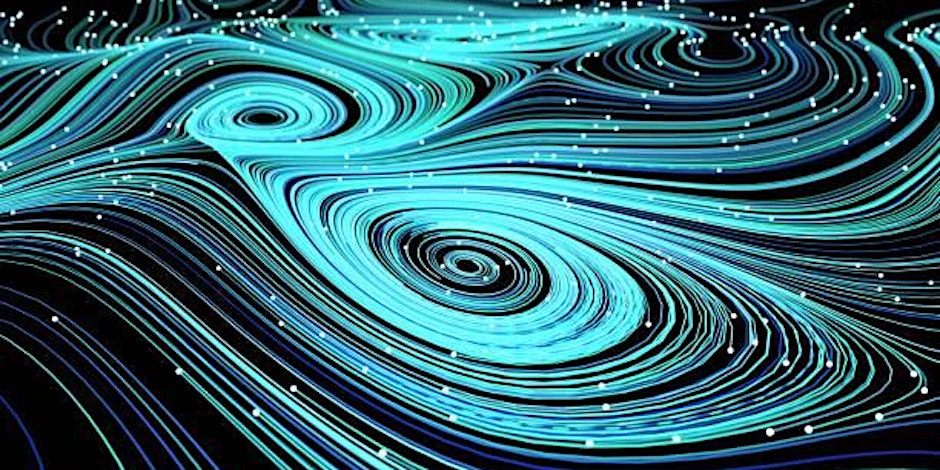
- This event has passed.
Contradictions of the Digital in Screen and Performance Cultures
Event Navigation

From Hyperconnectivity to Solitude: A Pharmacological Journey in Digital Performance Ecologies
Digital culture, through the democratisation of technologies, personal computing, and the Internet, has required the cultural sector to drastically rethink audiences’ modes of engagement/disengagement, not least during the pandemic, when artists and cultural organisations have been engaging with their audiences through networked and hybrid platforms. Through a pharmaco-phenomenological angle the paper analyses performance practices that invite participants to make/feel their way through a networked reality that oscillates between hyperconnectivity and solitary activity. This paper focuses on the role and significance of solitude in digital performance to propose an alternative understanding of the complex relationship between singularity and plurality in digital culture, where aloneness and togetherness are not necessarily antithetical. The paper discusses how solitude as a relational, embodied and situated experience invites a drastic reengineering of the relationship between humans and their technologies. In this context, the role of digital performance is dual: a) it offers an intervention into the dominant positioning of being alone as being isolated, and b) it serves as a pedagogical exercise speculating about the potentiality of being human in a digital ecology where our vulnerabilities, tensions and limitations can be met with new exigencies of care about self and the other.
Bio
Dr Eirini Nedelkopoulou is a Lecturer in Digital Arts and Performance at the University of Glasgow. Her work as an author and editor appears in the International Journal of Performance Arts & Digital Media, Contemporary Theatre Review, Performance Research, Performance Paradigm, and other. She is the co-editor of Performance and Phenomenology: Traditions and Transformations (Routledge 2015, 2018). Eirini is currently working on her monograph In Solitude: The Philosophy of Digital Performance Encounters (Bloomsbury, Thinking Through Theatre).
Deepfakes in screen culture – transformations in image, practice and performance
Since the inception of the ‘deepfake’ process of replacing faces in digital video, the primary use of the technology has been to make very low-quality content for viewing on smartphones. More recent technical advances in this form of machine learning allow their use in film and broadcast media. This talk will focus on how deepfakes are now being adopted in fiction and documentary production, examining ethical and cultural implications of current and future uses of synthetic media.
Bio
Dr Dominic Lees is Associate Professor in Filmmaking at the University of Reading, UK. His research into deepfakes began in 2019/20, with the Virtual Maggie project that experimented with deepfakes to resurrect Margaret Thatcher for a new period drama. He is interested in developing positive applications of deepfakes and synthetic media, including in education. Dominic has written on deepfakes for academic journals, the online current affairs journal, The Conversation and the BFI magazine, Sight and Sound. In 2021, he was co-editor of a special issue on deepfakes of the journal, Convergence. Dominic is convenor of the Synthetic Media Research Network, which held its inaugural symposium at the University of Reading in 2022, funded by The Alan Turing Institute. This work brings together researchers, creatives and screen industry stakeholders to scope the future opportunities for ethical applications of synthetic media. Dominic’s earlier career was in television and film production, working in current affairs and television documentaries; he has directed over 40 episodes of TV drama and the feature film, Outlanders (2008).
About this event
The FTT Research Seminar Series is hosted by the University of Reading and puts research from scholars in Film, Theatre and Television into dialogue. This celebrates the exciting intersection of these fields within our department and seeks to support collaboration and conversation across Film, Theatre, and Television.
Each invited paper is 25-30 minutes long and is followed by a participatory Q&A discussion.
